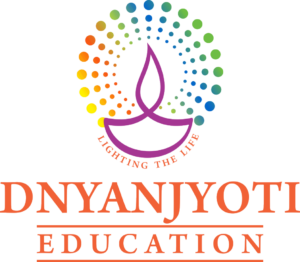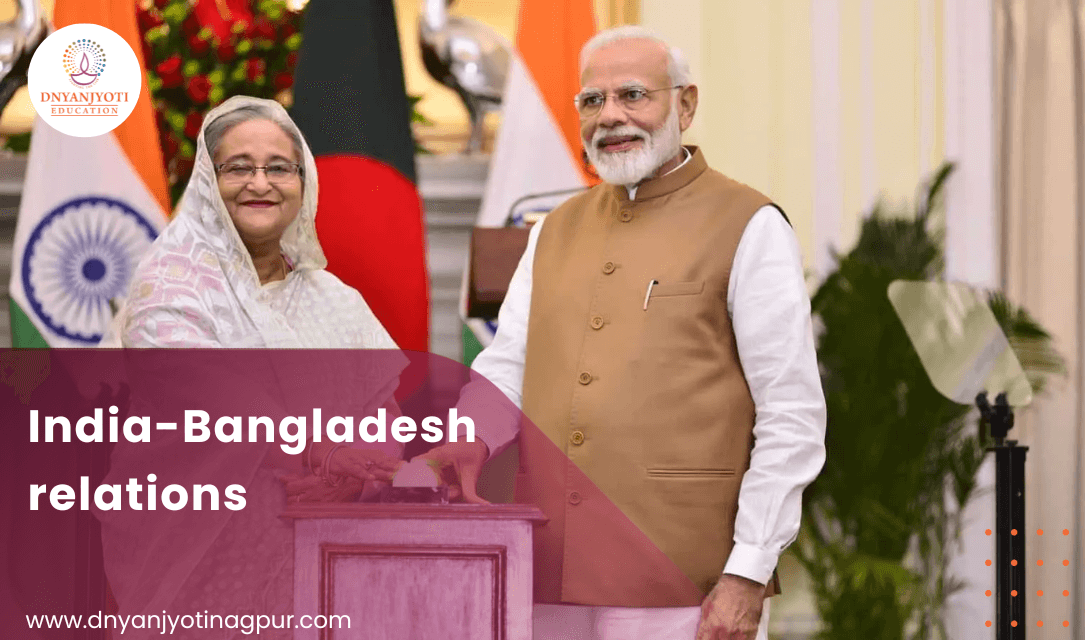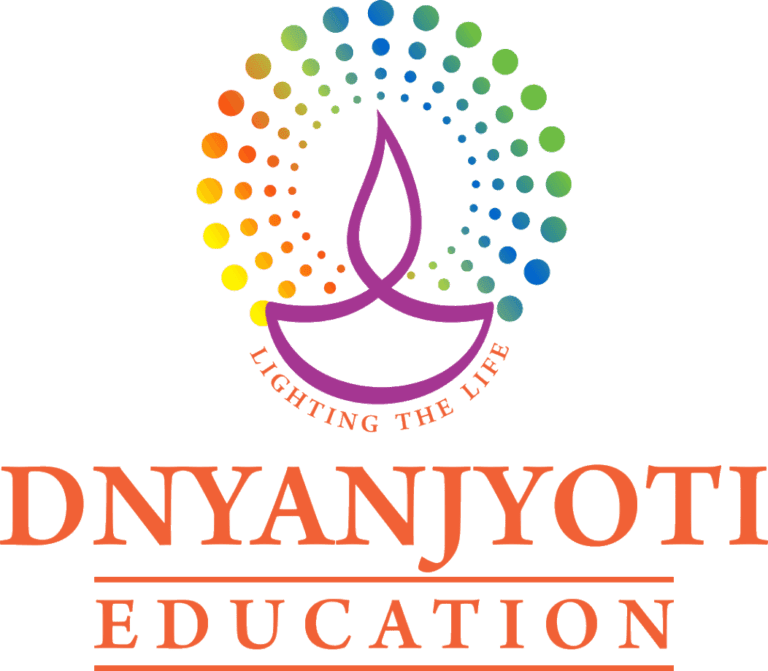Introduction:
Sheikh Hasina and Prime Minister Narendra Modi jointly inaugurated three Indian-assisted development projects through video conference recently. These projects are being implemented with the assistance of India. These projects will boost communication and energy security in the region. Bangladesh Prime Minister Sheikh Hasina expressed gratitude to Indian Prime Minister Narendra Modi for these development projects. Referring to various dimensions of India-Bangladesh relations, Prime Minister Narendra Modi said that India-Bangladesh relations are continuously reaching new heights. The work that both the countries have done together in the last 9 years was not done even in the previous decades.
Background:
- There are civilizational, cultural, social, and economic ties between India and Bangladesh.
- As the first country to recognize Bangladesh as a separate state, India played a very important role in the emergence of independent Bangladesh.
- It marked the beginning of a new era in these relations when the historic land boundary agreement was signed in 2015.
- There are common memberships in SAARC, BIMSTEC, IORA and the Commonwealth between both countries.
- As Bangladesh has suffered natural disasters and floods, India has always been there to help with aid and economic assistance.
Significance of relations today
- Security and connectivity of North East: A friendly Bangladesh can ensure that its soil is not used for anti-India activities. Bangladesh’s action resulted in the arrest of many top leaders of the NE insurgent groups like United Liberation Front of Assam & National Democratic Front of Bodoland.
- Bridge to Southeast Asia: Bangladesh is a natural pillar of Act East policy. It can act as a ‘bridge’ to economic and political linkages with South East Asia and beyond. Bangladesh is important component of BIMSTEC and BBIN initiatives.
- Strengthening South Asia as a regional power: Bangladesh is important for strengthening of SAARC, for promoting cooperation among its member nations to economic growth and securing strategic interests.
- Securing sea lines of communication: Bangladesh is strategically placed nearby important sea lanes. It can play significant role in containing piracy in the Indian Ocean.
- Fighting terrorism and deradicalization: Stable, open and tolerant Bangladesh helps India in stopping extremists from flourishing there and also in cooperation in deradicalization efforts, sharing intelligence, and other counter-terrorism efforts.
- Balancing China: A neutral Bangladesh would ensure containment of an assertive China in this region, and help in countering it’s string of pearls policy.
Bilateral Relations:
- India and Bangladesh today enjoy one of the best periods of their relationship, with positive development in the areas of diplomatic, political, economic and security relations.
- Bilateral trade was a little over $10 billion and Bangladeshi exports increased by 42.91%.
- The India-Bangladesh border is one of India’s most secured.
- By signing of the Land Boundary Agreement in 2015, the two neighbors amicably resolved a long outstanding issue.
- In addition to the 660 MW of power imported by Bangladesh, Indian export of electricity increased by another 500 MW.
- Train services on the Dhaka-Kolkata and Kolkata-Khulna are doing well, while a third, on the Agartala-Akhaura route, is under construction.
- Today, Bangladesh contributes 50% of India’s health tourism revenue.
- Relations between the two border guarding forces are at their best right now.
Concerns:
- Teesta waters issue remains a big problem due to continuous protest by the Mamata Banerjee led West Bengal government.
- National Register of Citizens has left out 1.9 million people in Assam and they are being labelled as illegal immigrants from Bangladesh.
- But Bangladesh is firm in its stance that no migrants travelled to Assam illegally during the 1971 war of independence and NRC may risk the relations.
- The Rohingya issue and India’s remarks in 2017 on the issue have been upsetting for Bangladesh which has been facing the challenge of providing shelter to more than a million Rohingya refugees fleeing persecution
- Bangladesh is overwhelmingly dependent on China for military hardware. China’s economic footprint is growing.
- Since 2010, India approved three Lines of Credit to Bangladesh of $7.362 billion to finance development projects. But, because of bureaucratic red tapism, just $442 million have been disbursed until December 2018.
- Though Bangladesh is slow in implementation, India’s requirement of the disbursement process to be approved by Exim Bank has not helped either.
Way Forward:
- Deepening relationship with Bangladesh has become a necessity in the face of shifting geo-economics.
- Bangladesh, with its growing economic success, and with its 8 percent growth rate provides a vital partnership in the region.
- India-Bangladesh border is one of India’s most secured.
- Bangladesh-India relations have reached a stage of maturity. Bilateral ties can be expected to grow stronger in the future. It is for India to take the lead to remove these irritants.
- India’s attempts to equate Bangladesh to fundamentally theocratic Muslim nations such as Pakistan and Afghanistan is something that is unacceptable to Bangladeshis, where religious and racial harmony have always been a priority, unlike in many neighboring countries so we not need to equate it with Pakistan.
- Bangladesh-India relations have reached a stage of maturity. Bilateral ties can be expected to grow stronger in the future. It is for India to take the lead to remove these irritants.
- There is scope for India-Bangladesh ties to move to the next level, based on cooperation, coordination and consolidation.
- India’s continued partnership with Bangladesh benefits both countries.
- New Delhi must keep up the partnership that allows for economic growth and improved developmental parameters for both countries.
- It is important to address specific issues like Teesta and to respond to Dhaka’s call for help on the Rohingya issue.
- The two countries share 54 transboundary rivers, and water management is the key to prosperity.
- Effective border management for ensuring a tranquil, stable and crime free border.


